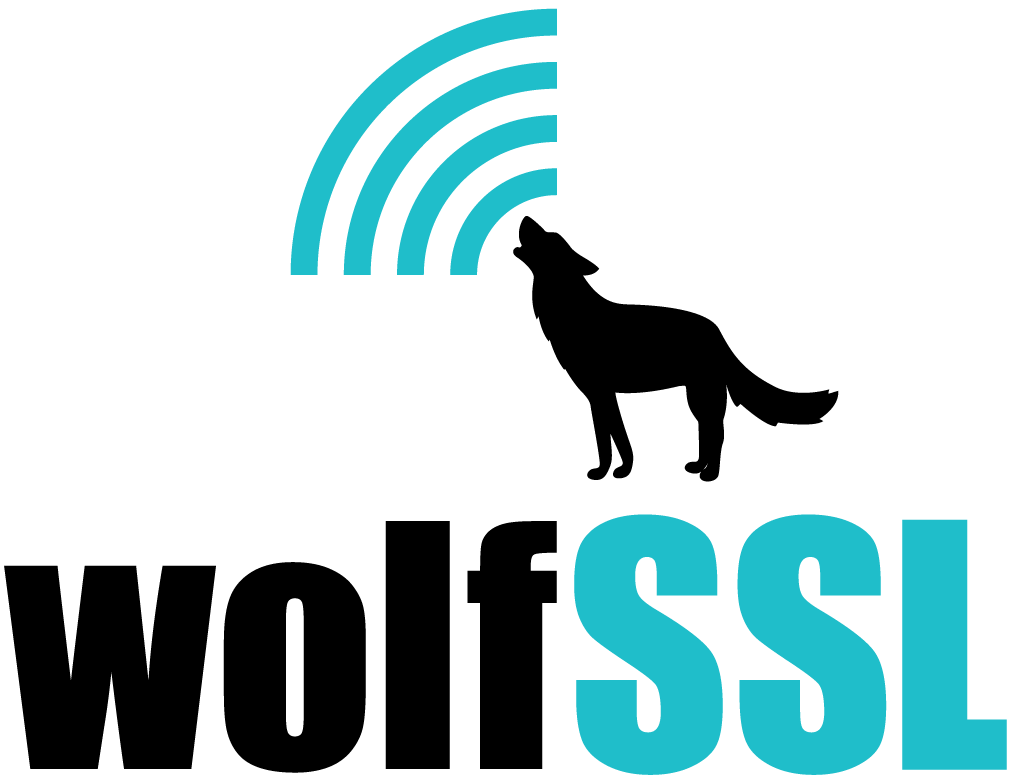
|
My Project
|

|
My Project
|
Go to the source code of this file.
Functions | |
| int | wc_CryptoCb_RegisterDevice (int devId, CryptoDevCallbackFunc cb, void *ctx) |
| This function registers a unique device identifier (devID) and callback function for offloading crypto operations to external hardware such as Key Store, Secure Element, HSM, PKCS11 or TPM. More... | |
| void | wc_CryptoCb_UnRegisterDevice (int devId) |
| This function un-registers a unique device identifier (devID) callback function. More... | |
| int wc_CryptoCb_RegisterDevice | ( | int | devId, |
| CryptoDevCallbackFunc | cb, | ||
| void * | ctx | ||
| ) |
This function registers a unique device identifier (devID) and callback function for offloading crypto operations to external hardware such as Key Store, Secure Element, HSM, PKCS11 or TPM.
For STSAFE with Crypto Callbacks example see wolfcrypt/src/port/st/stsafe.c and the wolfSSL_STSAFE_CryptoDevCb function.
For TPM based crypto callbacks example see the wolfTPM2_CryptoDevCb function in wolfTPM src/tpm2_wrap.c
| devId | any unique value, not -2 (INVALID_DEVID) |
| cb | a callback function with prototype: typedef int (CryptoDevCallbackFunc)(int devId, wc_CryptoInfo info, void* ctx); |
Example
| void wc_CryptoCb_UnRegisterDevice | ( | int | devId | ) |
This function un-registers a unique device identifier (devID) callback function.
| devId | any unique value, not -2 (INVALID_DEVID) |
Example